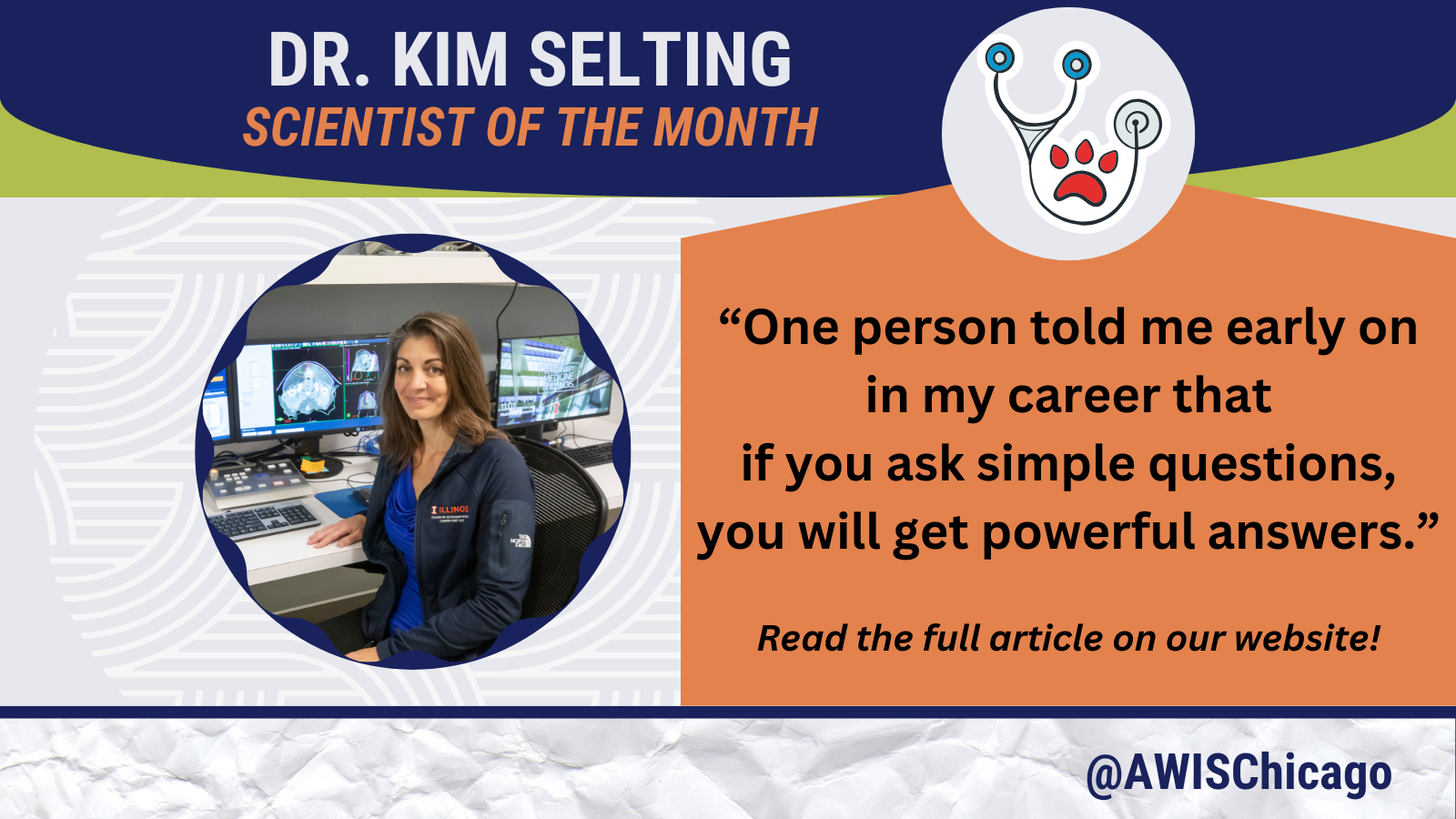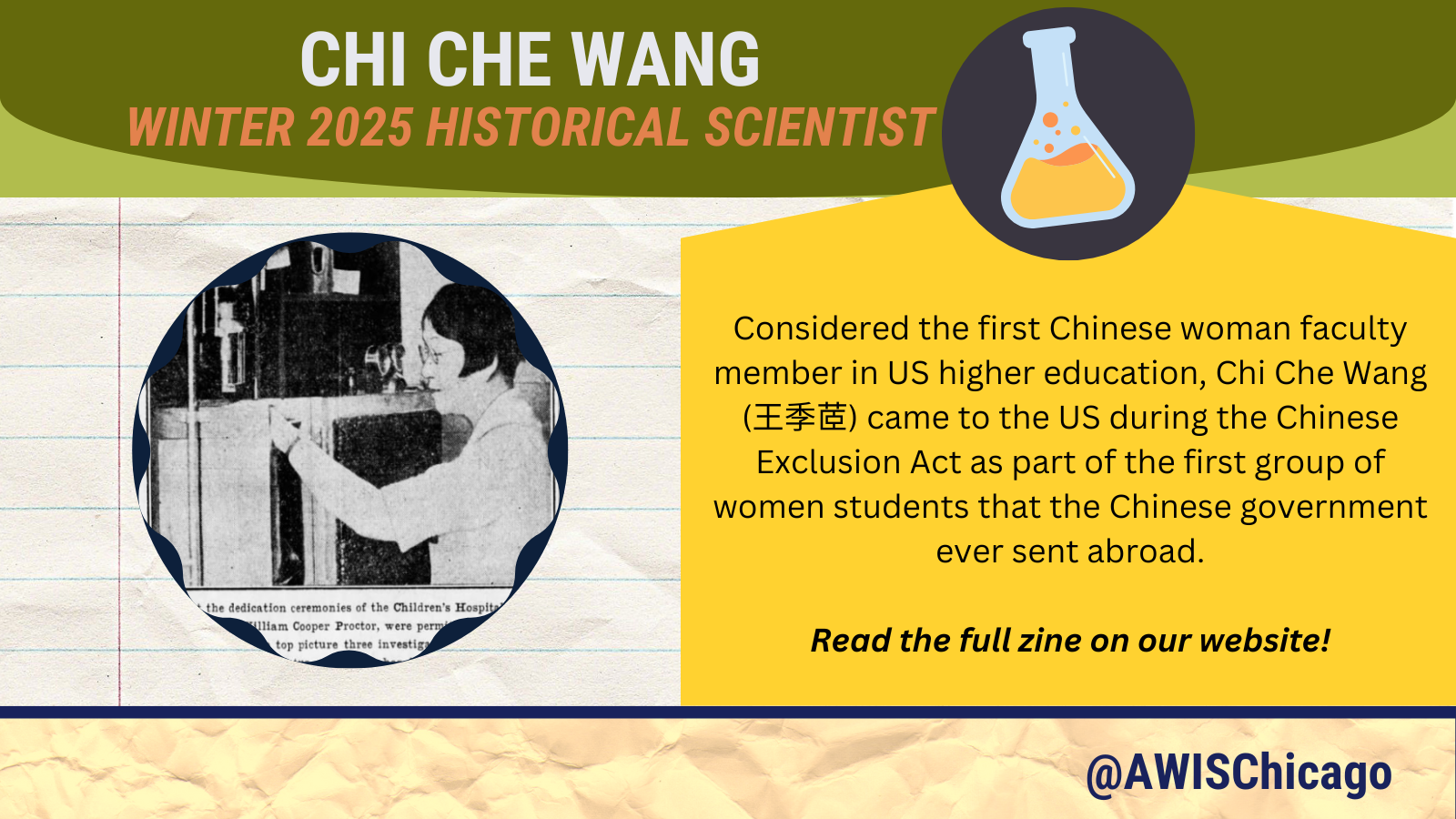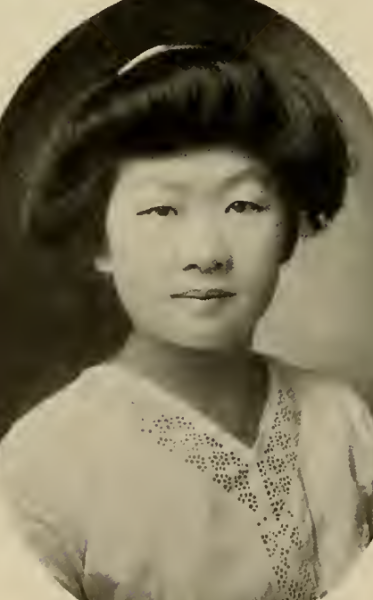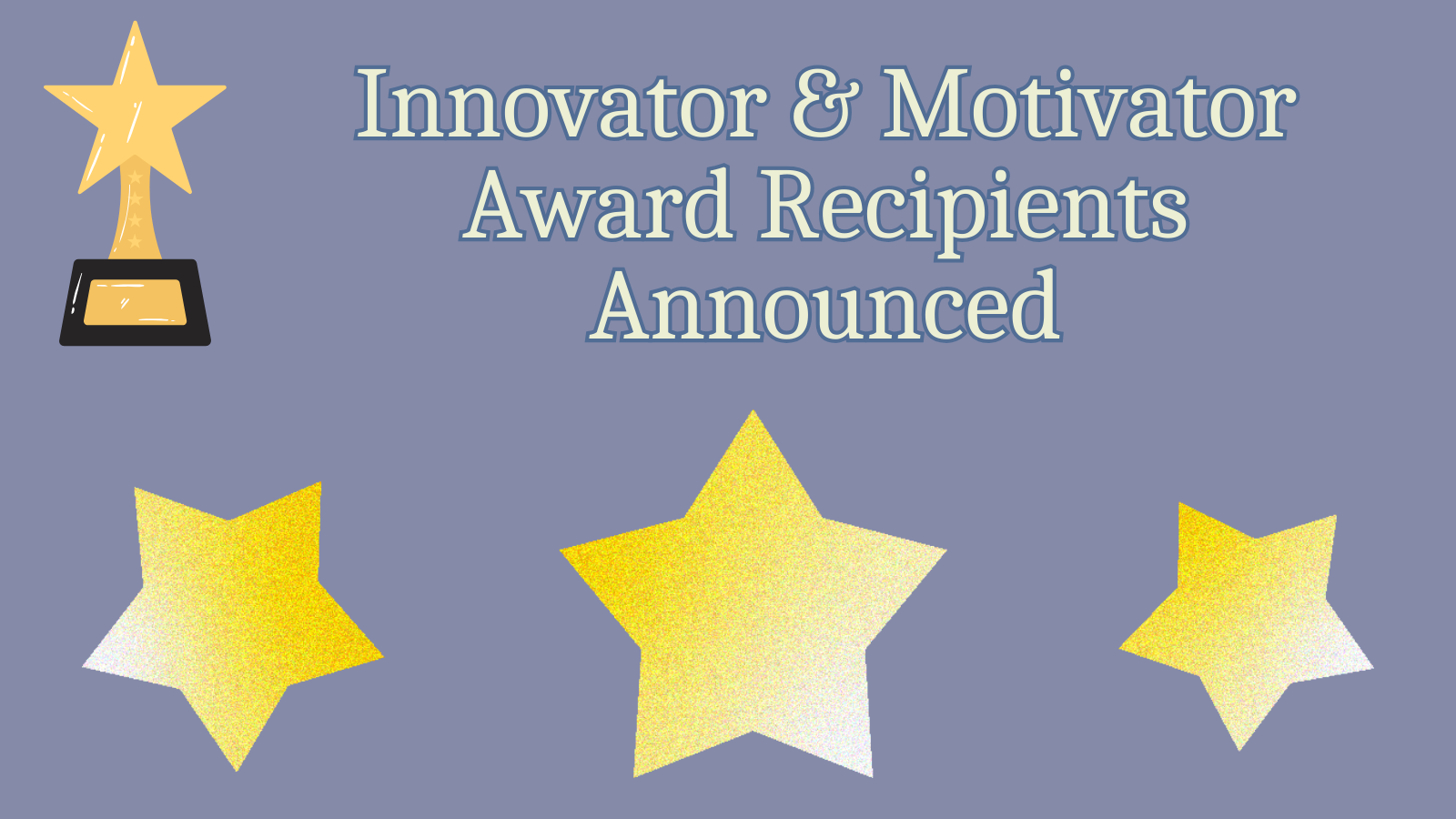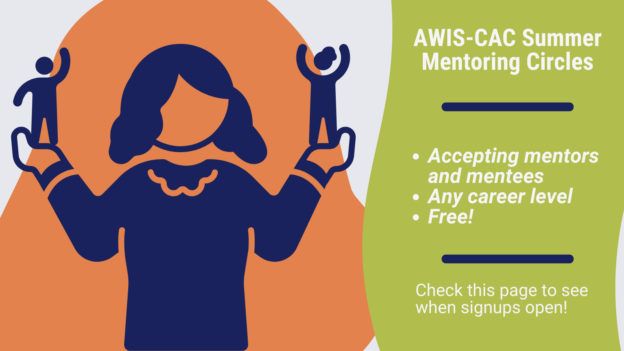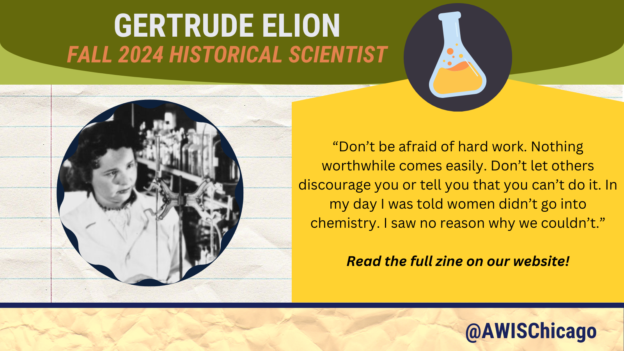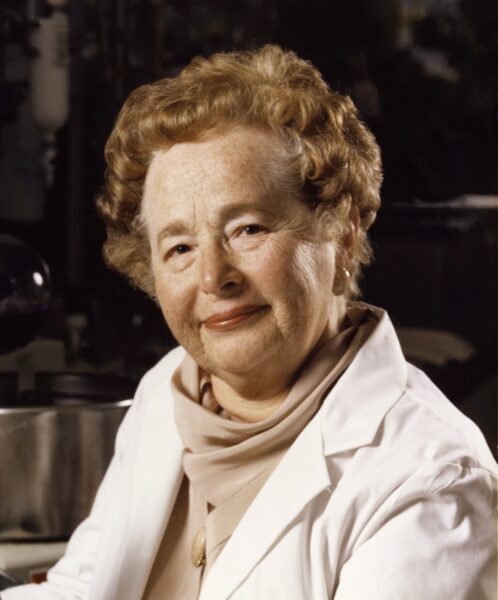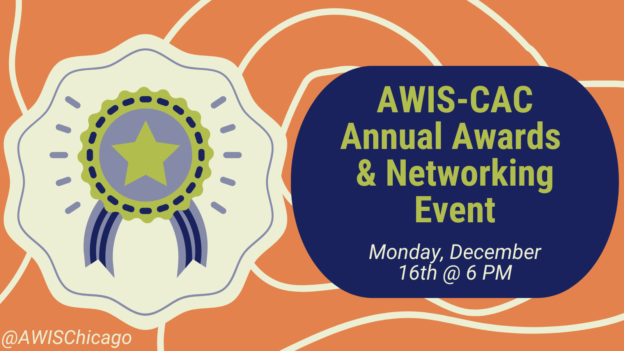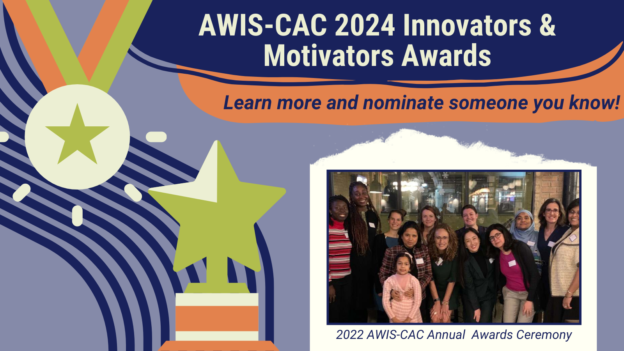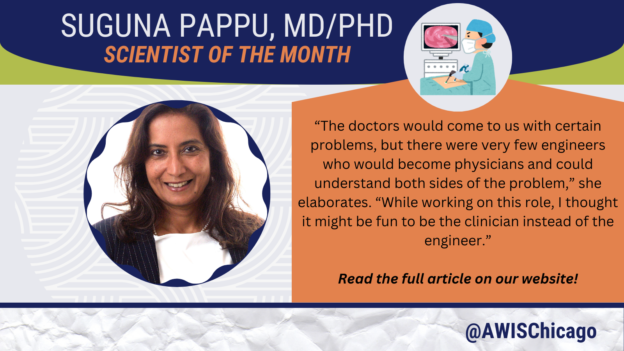By Elodie Kadjo
Dr. Kim Selting, Veterinary Radiation Oncologist and Cancer Treatment Researcher at the University of Illinois Urbana Champaign
Dr. Kim Selting is a veterinary radiation oncologist and a cancer treatment researcher at the University of Illinois Urbana Champaign (UIUC) Cancer Center. She got her Doctor of Veterinary Medicine degree and her MS and medical oncology specialist training from Colorado State University (CSU). She completed a second residency in radiation oncology at the University of Missouri.
Dr. Selting is one of the rare people exercising their childhood passion. “As long as I can remember, I wanted to be a veterinarian,” she states. Growing up in Colorado, Kim rode horses and loved everything about them. Providing good care for horses was thus a dream occupation. In addition, Colorado had an excellent veterinary school, so she enrolled there after High School. Kim’s determination allowed her to complete her pre-veterinary undergraduate studies in less time than the typical student. Instead of the usual four years necessary to get the prerequisites for veterinary school, Kim fulfilled the requirements in two years and applied for veterinary school. “I came into undergrad with a lot of AP (Advanced Placement) from High School and packed my schedule during those years,” she explains.
After submitting an application for veterinary school, Kim spent a year studying abroad in France, after which she returned to start her professional degree courses. She describes her four years of veterinary school as exciting and a time of growth. While training, she realized not all horses were as amiable as her own. “I thought maybe horses should be my hobby, but being a veterinarian is my profession,” she declares with a smile. Thus, she decided to focus on treating companion animals, mainly dogs and cats. Meanwhile, Kim became interested in cancer medicine and oncology, partly because CSU had a very active oncology program. The ability to learn from human and animal cancer and set up valid research models to help advance the knowledge of cancer and cancer treatment across all species seemed exciting. Dr. Selting also credits Dr. Steve Withrow and Dr. Greg Ogilvie, the program’s leaders, for her passion for cancer treatment. They saw every day as an opportunity to make the world a better place and help each owner and pet.
Upon completing her internship in New York city, Dr. Selting moved to St. Louis, Missouri, to accommodate her family’s needs, working in private practice for four years. “My ex-husband’s family was in St. Louis,” she explains. Although prioritizing her family’s needs meant delaying her time to get to her dream career, Dr. Selting is thankful for that time because it allowed her to learn about being a first-opinion Doctor. “I can understand better the cases that are referred to me in my current position because I have an idea of what pets and owners went through before coming to my office.”
After 4 years of private practice, Kim applied to a matching program and was accepted back at CSU for her medical oncology residency there. Next, she got a tenure track faculty position as a medical oncologist at the University of Missouri in Columbia. Dr. Selting developed a passion for radiation oncology in Columbia and switched to a full-time nontenure track position to complete a second specialty. “I managed my time so that whenever I wasn’t supervising clinics as a faculty member, I was spending my time learning about radiation oncology,” she explains. Because of her high workload, it took Kim almost four more years to get her board certification in radiation oncology, something she could have achieved in two years.
Next, Dr. Selting moved to UIUC for her current position, where she updated the equipment and established a radiation oncology program. The previous standard of care for radiation oncology at UIUC was to send pictures of patients taken from old machines to a remote physician. Under Kim’s direction, a new machine (a linear accelerator) was acquired to expand the capability of the radiation oncology department. “I first focused on building the clinical service and getting my technical staff trained to use the machine,” she explains. With the service established, the program started to treat patients, mostly dogs and cats, in June of 2019. The next step was to establish a residency training program and she currently has her third and fourth trainees under her wing. One of the things that Dr. Selting enjoys about her position is the possibility of offering many options to patients because of the updated facilities. “I think that cancer can feel very unpredictable and out of control. And being able to provide options where they didn’t used to be before is amazing. I empower owners to make good decisions for their pets”, she states with a smile.
Dr. Selting did not stop at updating the radiation oncology department and training the personnel to run it; she is also involved in research as a tenured faculty member. Her research aims to understand cancer progression to establish better care. She is excited about the potential to translate her research into better care for humans and other species. With a joint clinical and a research appointment, Dr. Selting’s job involves a lot of time commitment. She would like to spend more time on research, but her main challenge, and the most frustrating part of her job, is that not many people have her qualifications. “I don’t have a lot of flexible time away from the clinic floor to work on research, but slowly and surely, more and more collaborations are falling into place, and I’ve had some exciting research that has been coming up,” she states. Her secret to time management is to have a well-planned calendar. With a laugh, Kim admits she has difficulty saying no and is often overwhelmed. Since her team has access to her calendar, they frequently remind her of appointments she could have missed if she had been away from the computer for too long.
Even though Kim had wanted to be a veterinarian since childhood, things were not always easy. Like many women, balancing work and a family of three children was sometimes challenging. “I tell my children that I can’t say I would have been a better mom if I did something differently. I would have been a different mom if I didn’t work. And I would have been a different academician if I didn’t have kids.” According to Kim, balancing time for family and work to get what you want in life is important. Her love for her family and passion for providing excellent patient care drive her to accomplish what she wants and always try to find equilibrium.
Outside of work, Dr. Selting strives to ensure she has things that bring her joy. She is active and likes riding bicycles, traveling, yoga, and swimming. Kim doesn’t have a horse right now, but she still had horses for a long time. She also keeps a great circle of friends with whom she can spend quality time. Additionally, Kim is an avid reader. Milan Kundera is one of her favorite authors. His book “Immortality” resonated with her, especially the notion that Truth is stronger than fiction, but image is stronger than truth. So what you believe becomes your truth. Barbara Kingsolver is another of her more recent favorites. “The Poisonwood Bible” and “Prodigal Summer” are some of Kim’s recommendations.
Thinking about the arc of her career, Dr. Selting can see the influence of her parents. “They raised me to be someone who sees the world as your community instead of your city or your state or your country.” Though they are no longer together, her dad, a dentist, and her mom, a nurse and writer, were open-minded and excited about other people’s points of view. “They both love to teach and helped form the basis for who I became,” she exclaims. Both are with other partners now and all are supportive of Kim’s endeavors. Kim is constantly learning and growing. One thing she loves about her career progression is that the first fifteen years were focused on medical oncology, and then she got to shift focus to radiation. So, it all felt new. “Even though I’m 30 years into my profession and 22 years into my career as a specialist, I still learn and don’t feel stagnant”, she declares.
Dr. Selting counsels young researchers to focus on having a solid research plan and trying to tell a story from beginning to end. It helps to break down questions into smaller projects that are easy to fund and to allocate to specific graduate students while trying to limit side projects to 20% of the time spent on research. “One person told me early on in my career that if you ask simple questions, you will get powerful answers,” she states.
Her advice to women in their early careers is to value personal contact with people in the field they are interested in. “Virtual contacts through email or Zoom call are good, but don’t underestimate the value of a hello and a handshake,” she advises with a smile.

